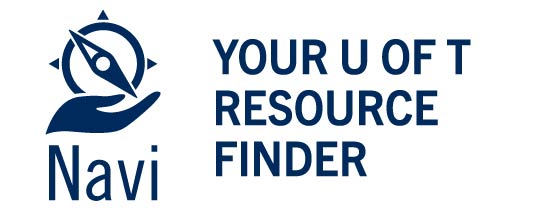Entering Canada
With the exception of American citizens, as an international student, you will need to have either a Temporary Resident Visa (TRV – also known as a visitor or entry visa) or an electronic Travel Authorization (eTA), in addition to the relevant study permit and/or work permit.
Whether you need a TRV or eTA depends on your country of citizenship. The Immigration, Refugees & Citizenship Canada (IRCC) website can help you identify whether a visa is required for entry into Canada.
A successful study or work permit application made outside Canada will automatically include a TRV or eTA (if required).
Access to these videos requires an activated UTORid. The UTORid grants you access to numerous online services at U of T, including a U of T email account which is the preferred method for email communication with U of T offices. Learn how to activate your UTORid at the TCard office website.
Entering Canada
After Entry to Canada
What to expect when entering Canada
We strongly recommended that you have the following documents with you in your carry-on luggage:
- A valid Letter of Acceptance and Port of Entry Letter of Introduction (for admitted students);
- The letter of introduction is the study permit approval received outside Canada (as the study permit itself is only issued upon arrival in Canada).
- Confirmation of enrollment (for current students);
- Letter available on ACORN or from your Registrar’s Office. Should include your:
- Name,
- student number,
- enrollment status, and;
- expected graduation date.
- Students returning from a leave of absence should have confirmation of eligibility to re-enrol.
- Letter available on ACORN or from your Registrar’s Office. Should include your:
- Proof of financial support:
- Up-to-date versions of the supporting documents used in your study permit application to prove you can support yourself (and any accompanying family members) while in Canada.
- IRCC expected you to prove access to funds to cover a minimum of one year’s tuition plus $20,635 CAD (for applications submitted on or after January 1, 2024) for living expenses as part of your study permit application. Additional funds are required if you are bringing a spouse/partner and/or children. See more on our Bring Your Dependants page.
- How you prove access to funds depends on where they come from:
- If funds are in your account, bank statement(s) with your name.
- If funds are coming from the University or other institutional source, a letter detailing funding.
- If funds are coming from family or other individuals, a letter confirming their willingness to support you and documentation showing they have enough money to do so. This should include bank statements and income statements (or a letter of employment stating position and salary).
- If you have already paid tuition, you can provide proof of payment by accessing your fees invoice on ACORN.
- Proof of completed immigration medical exam (if you have been in a ‘designated’ country for at least 6 of the past 12 months).
- Medical exam results are valid for 12 months. If you will enter after your initial results expire, plan to have a new medical exam completed at least one month prior to travelling to Canada.
The Border Services Officer will review your documents and make the final decision about whether you are admitted to Canada. If you are entering for the first time, they will send you to the secondary immigration desk where your actual study permit will be issued to you. Be sure to review the permit before leaving the immigration desk and ask for errors to be fixed. This includes checking to ensure that your study permit includes remarks about being allowed to accept on and off-campus work, if you should be authorized to do so.
The Canadian Government provides general guidance about what to expect when entering Canada and specific guidance for new international students to prepare for their arrival to Canada.
